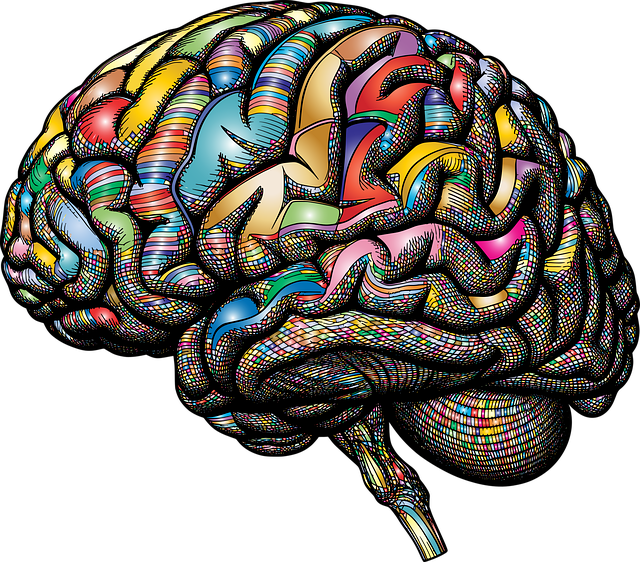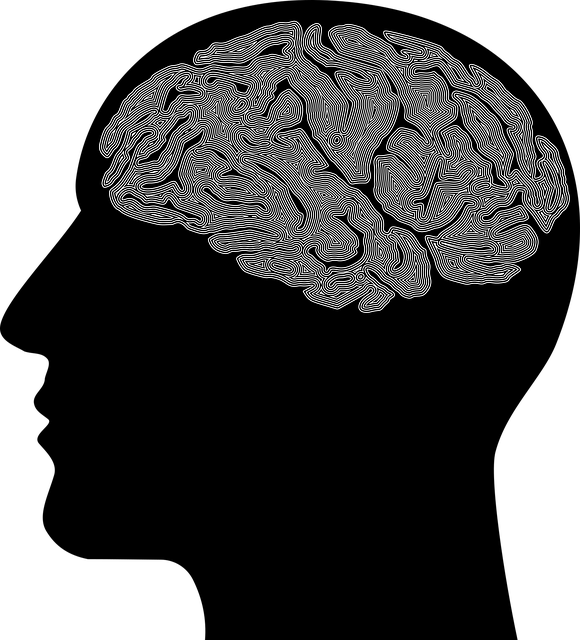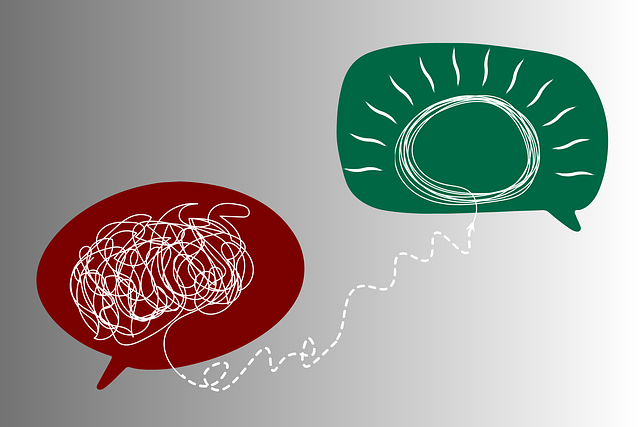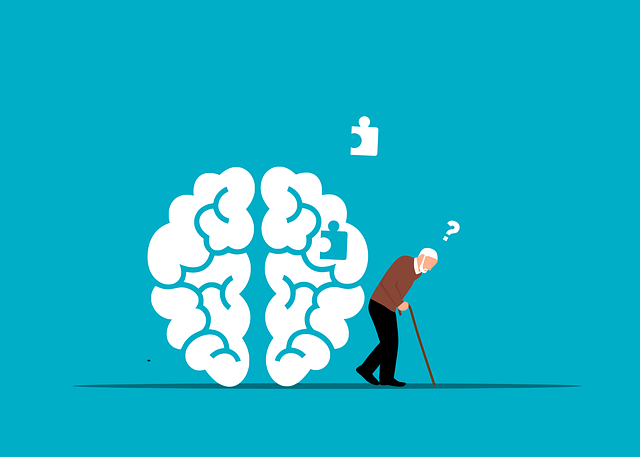Golden Couples Counseling Therapy leverages diverse data sources – structured surveys, clinical records, and digital tools like mobile apps – to gain holistic insights into mental health challenges. They integrate information from various settings, focusing on ethical use of personal devices and social media data for policy advocacy. Preprocessing and cleaning data is essential, as are advanced machine learning algorithms to uncover hidden correlations. This data-driven approach enhances therapy effectiveness, guides risk management, contributes to research, and improves client outcomes through personalized care, cultural sensitivity, and evidence-based practices like Social Skills Training.
Mental health data analysis is transforming therapy, offering valuable insights into client well-being. This article explores the process of understanding and utilizing mental health data, from collection through interpretation. We delve into best practices for preprocessing data, advanced techniques for identifying trends, and practical applications in therapy settings, including real-world examples at Golden Couples Counseling Therapy. By integrating data analysis, therapists can make informed decisions to enhance treatment outcomes.
- Understanding Mental Health Data: Collection and Sources
- Preprocessing and Cleaning Data for Accurate Analysis
- Techniques for Uncovering Patterns and Insights
- Interpreting Results: Practical Applications in Therapy
- Enhancing Treatment with Data-Driven Decisions at Golden Couples Counseling Therapy
Understanding Mental Health Data: Collection and Sources

Understanding Mental Health Data begins with recognizing the diverse sources and methods of collection. These include structured surveys, clinical records, and emerging digital tools like mobile apps and online platforms. Golden Couples Counseling Therapy, for instance, leverages these data streams to gather insights into individual and relationship-specific mental health challenges. By integrating information from various settings, such as home, work, and therapy sessions, practitioners gain a more holistic view of clients’ psychological well-being.
The sources of mental health data encompass not just professional settings but also personal devices and social media platforms. With proper ethical considerations and informed consent, these data can be invaluable for Mental Health Policy Analysis and Advocacy, driving evidence-based decisions to improve access to care. Conflict Resolution Techniques and Compassion Cultivation Practices, among other therapeutic interventions, are also reflective of this data landscape, as they may be influenced by cultural nuances captured in the collected information.
Preprocessing and Cleaning Data for Accurate Analysis

In the realm of mental health data analysis, preprocessing and cleaning are golden couples that play a pivotal role in ensuring accurate interpretations. Much like Golden Couples Counseling Therapy pairs complementary approaches to foster harmony, meticulous data preparation involves a synthesis of techniques to eliminate biases and errors. This initial step is crucial, as dirty or inconsistent datasets can lead to flawed analyses and ultimately misinformed strategies for enhancing mental wellness.
Effective preprocessing includes handling missing values, identifying and correcting outliers, and transforming variables to ensure they align with the research objectives. For instance, integrating Communication Strategies and Emotional Intelligence into data analysis requires careful consideration of how these constructs are measured and represented. Additionally, Mental Wellness Journaling Exercise Guidance can be leveraged during this phase to gain deeper insights by organizing qualitative data into structured formats suitable for quantitative analysis.
Techniques for Uncovering Patterns and Insights

Uncovering patterns and insights within mental health data is akin to piecing together a complex puzzle, where each individual’s journey is a unique piece. Advanced techniques, such as machine learning algorithms, play a pivotal role in this process. By analyzing large datasets from various sources like therapy sessions, surveys, and medical records, these algorithms can identify hidden correlations and trends that might otherwise go unnoticed. For instance, Golden Couples Counseling Therapy has leveraged these tools to uncover specific patterns in married couples facing communication issues, leading to more effective interventions.
The process involves careful selection of appropriate statistical methods tailored to the nature of the data. Correlation analysis, for example, can help identify relationships between different variables, such as linking positive thinking strategies with improved depression prevention outcomes. Risk management planning for mental health professionals also benefits from these insights, enabling them to anticipate potential challenges and develop proactive strategies. This data-driven approach not only enhances therapy effectiveness but also contributes to the broader field of mental health research and practice.
Interpreting Results: Practical Applications in Therapy

When it comes to interpreting mental health data, particularly within the context of counseling therapy, such insights are invaluable tools for practitioners like those at Golden Couples Counseling Therapy. By carefully analyzing client narratives and behaviors, therapists can uncover patterns and triggers that may otherwise remain hidden. This process involves not just quantitative metrics but also qualitative feedback, offering a holistic view of each individual’s mental health landscape. For instance, identifying recurring themes in therapy sessions through text analysis can reveal specific communication strategies or empathy-building techniques that resonate with clients.
The practical applications are vast; for example, therapists might adapt their approach to incorporate more effective communication strategies based on data indicating improved client engagement and satisfaction. Furthermore, understanding cultural nuances is crucial—cultural sensitivity in mental healthcare practice plays a significant role in ensuring diverse populations feel seen and heard. By interpreting data with these considerations in mind, Golden Couples Counseling Therapy can deliver personalized, culturally competent care, ultimately enhancing the therapeutic experience.
Enhancing Treatment with Data-Driven Decisions at Golden Couples Counseling Therapy

At Golden Couples Counseling Therapy, we recognize that data analysis plays a pivotal role in enhancing the effectiveness of our treatment strategies. By leveraging data-driven decisions, our therapists can tailor interventions to address specific challenges faced by couples. This personalized approach not only improves therapy outcomes but also fosters deeper connections and understanding between partners.
Through rigorous analysis of patient data, including assessment results, session notes, and feedback, we identify recurring patterns and trends. This allows us to implement evidence-based practices such as Social Skills Training and integrate Healthcare Provider Cultural Competency Training to ensure inclusive and effective care. Furthermore, by encouraging clients to adopt Self-Care Routine Development for Better Mental Health, data analysis guides us in measuring the impact of these routines on overall well-being, refining our therapeutic methods accordingly.
Mental health data analysis is a powerful tool that, when utilized effectively, can significantly enhance therapeutic outcomes. By understanding various data sources, preprocessing techniques, and advanced analytical methods, practitioners like those at Golden Couples Counseling Therapy can uncover valuable patterns and insights hidden within mental health datasets. This article has explored these aspects, emphasizing the importance of meticulous data handling and interpretation for informed decision-making in therapy. Through practical applications, it is evident that leveraging mental health data can revolutionize counseling practices, ultimately benefiting individuals seeking support.














